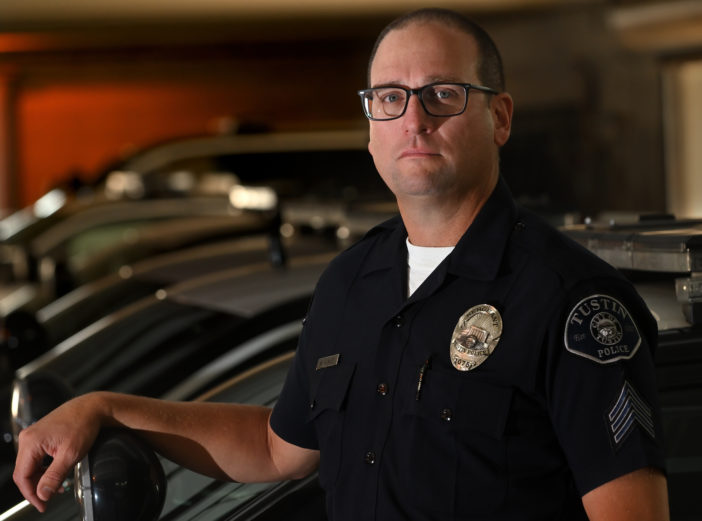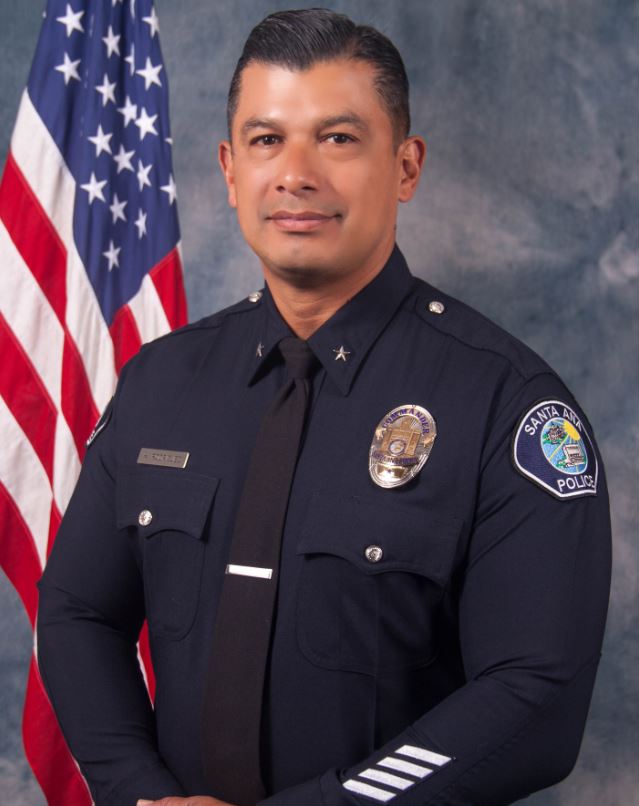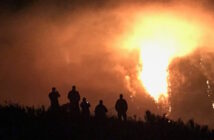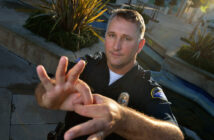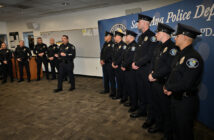As the world remembers the 20th anniversary of the Sept. 11 terrorist attacks on the United States of America, police are battling an almost unprecedented public perception problem. A 2021 Gallup Americans’ Confidence In Major Institutions poll found only 51 percent of adults placed “a great deal” or “quite a lot” of confidence in police.
That is the second-worst rating in the history of the poll, which launched in 1973. However, that rating was 3 percent higher than the 2020 poll, conducted when civil protests and demonstrations still roiled in the streets. The 48 percent mark in 2020 was the first time less than a majority of adults had “a great deal” of faith in the police.
The grief and anguish caused on Sept. 11, 2001, when militants killed nearly 3,000 people, crashing airplanes into the World Trade Center, the Pentagon, and rural Pennsylvania were incalculable. The terrorist attack led to all-time high public trust in first responders and service personnel, including police officers.
In the wake of the attacks there was an outpouring of support and appreciation for police, firefighters, and military personnel at sports events, parades, and other celebrations.
In the years immediately after the attacks, public confidence in police grew to its highest rate, according to Gallup, cresting at 64 percent in 2004.
Behind the Badge spoke with local officers who reflected on the world of policing then and now.
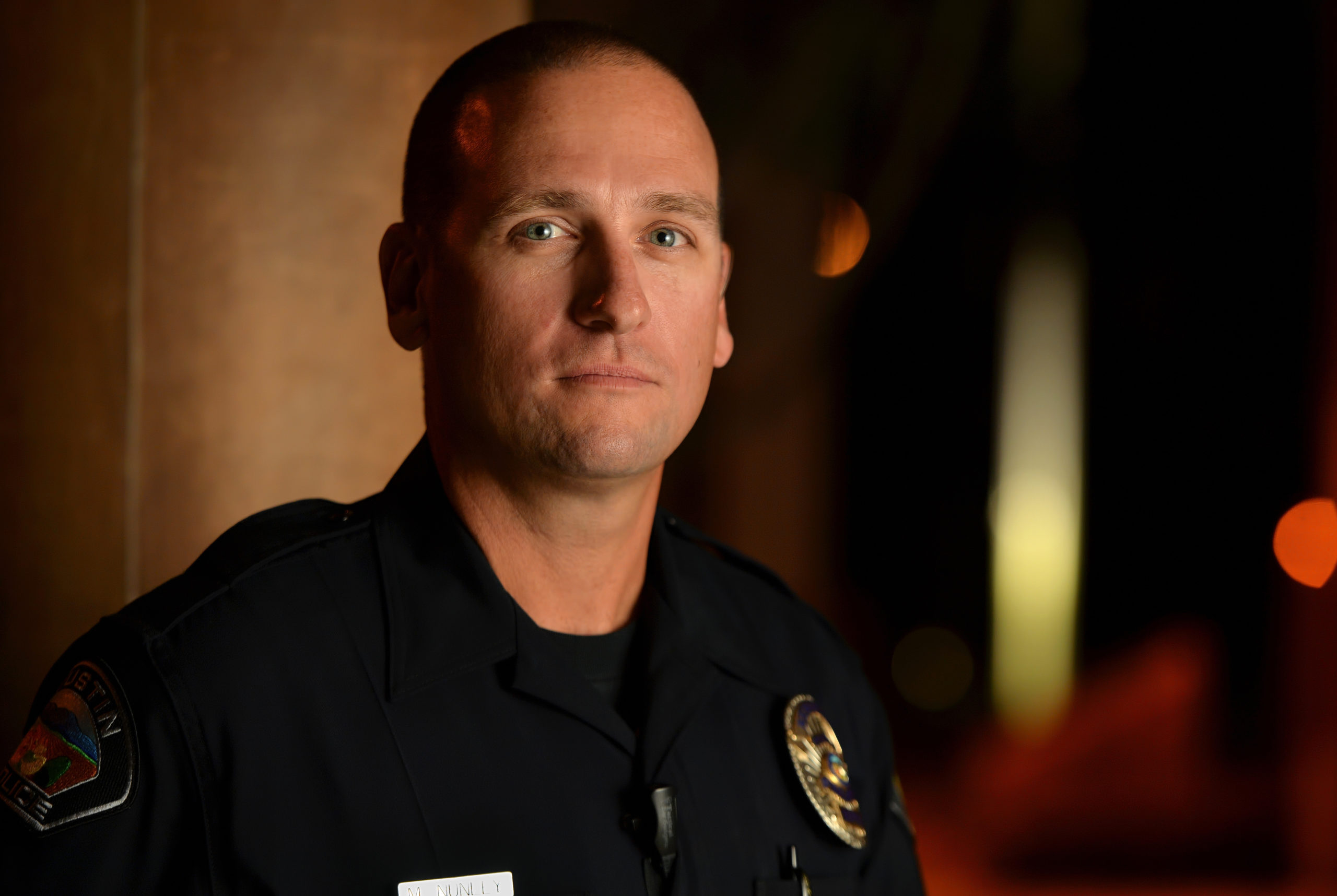
Tustin PD Sgt. Matt Nunley tells the story of his his first day on the job as a new Tustin PD officer was the day of the 9/11 attacks.
Photo by Steven Georges/Behind the Badge OC
The wake of tragedy
Tustin Police Sergeant Matt Nunley has watched the evolution of police work since his first day on the job — Sept. 11, 2001 — as a 26-year-old rookie.
His entire professional life and most of his adult life has been lived in the wake of the Sept. 11 attacks.
“It’s part of my past and who I am,” Nunley said.
Since Sept. 11, 2001, Nunley has proposed, got married, started a family, and advanced in his career.
“It’s a terrible day in history and it just happens to be a benchmark day in my life,” he said.
Nunley said in the aftermath of the attacks, there was a great outpouring of support for police in Tustin, and the heroism of the first responders in New York filled him with pride.
“It makes you proud to be in the same profession as those heroic law enforcement officers and firefighters in New York,” he said. “I think a lot of people joined law enforcement because of that heroism.”
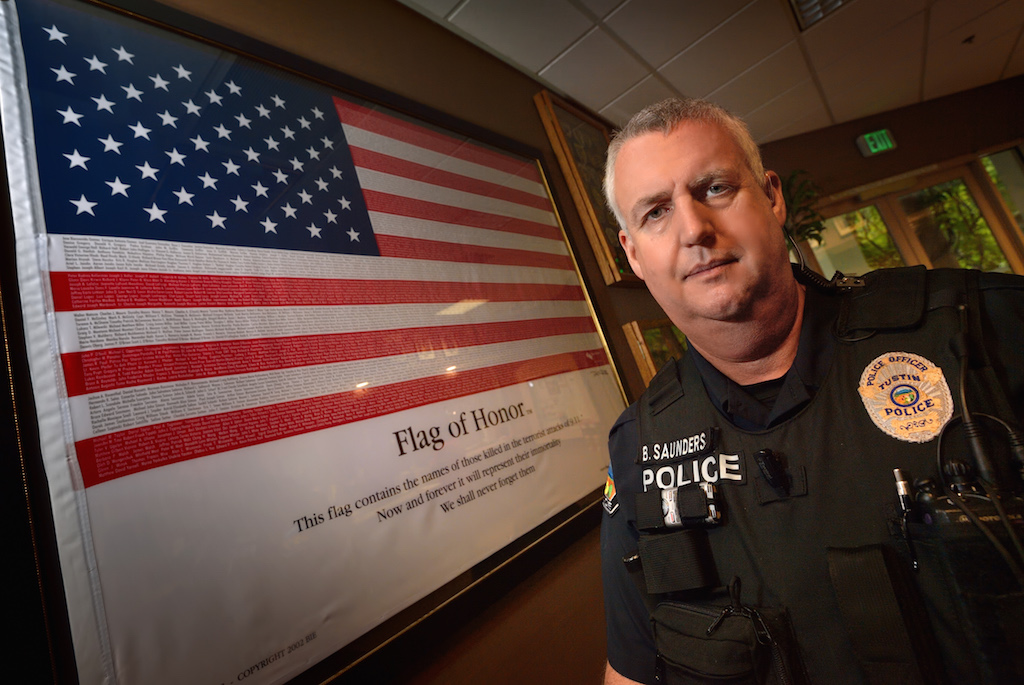
Officer Bradley Saunders worked at the World Trade center in New York the day of the attacks, an experience that led him to go back into law enforcement.
Photo by Steven Georges/Behind the Badge OC
The one who rejoined.
Brad Saunders had been a 10-year veteran with the Garden Grove Police Department when he switched careers, going into the financial field with Merrill Lynch. Although stationed in California, he occasionally traveled to New York and worked out of the corporate offices on the 66th floor of 2 World Trade Center.
Saunders was hailing a cab in Manhattan just blocks away for an off-site appointment when the first plane struck. Saunders said 13 of the nearly 3,000 people killed were his friends.
After the attack, Saunders’ employer asked those who were in New York on Sept. 11 to wait at least a month before making any life-changing decisions.
On day 30, Saunders applied to become a police officer again, this time with the Tustin Police Department. In a 2015 interview with Behind the Badge Saunders said, “(Sept. 11) clarified what is important. Life is best served in the service of others. I feel the work we do is God’s work, and it has meaning. My only choice was to go back in uniform.”
Saunders is currently a Master Reserve Officer with the department.
20 years later — he never forgets
Santa Ana Deputy Chief Robert Rodriguez has seen public attitudes cycle over the years as well. He started with the Los Angeles Police Department in 1996, at a time when police were still trying to rebuild their reputations four years after riots spawned by the acquittal of L.A. officers after the beating of Rodney King was caught on tape.
By 2001, he had moved to Santa Ana.
“After 9-11, there was a sense of sorrow and sadness, but also unity,” Rodriguez said. “Out of tragedy a lot of people came together.”
As a former Marine, Rodriguez said “9-11 had and continues to have a significant impact on me. Specifically, Marines who I had previously served with who were later deployed as a result of 9-11 and made the ultimate sacrifice.”
Modern environment
Despite the national trends and portrayals of mass disaffection and mistrust, Nunley says, in his case, at least, support of the police has been remarkably stable.
“I don’t feel there’s a loss of support,” he said. “There may be more outcry and louder opinions, but I still think, especially in Tustin, we have public support.”
Rodriguez said shifting public perceptions don’t occur in a vacuum and that “a lot of incidents” have led to the current state of relations.
Nunley said modern technology and media give people access to platforms that amplify certain issues and stories.
“I don’t think there’s an erosion of support,” he said.
And when it comes to police officers acting badly, he says, “No one likes bad eggs less than cops.”
For Nunley, the most important thing is to remember why he got into policing.
“I was always interested in being of service to others, being a part of something greater and all the cliche reasons,” he said.
In the current climate, Rodriguez says it is more important than ever for police to repair relationships.
“You have to bring people together,” he said.
A national survey by the CATO Institute, a public policy think tank, concluded healing divides comes from “acknowledging concerns and emphasizing shared beliefs about what policing ought to be.”
Or as Rodriguez says, “Rather than closing off conversation and rejecting suggestions, “We have to change our default answer to ‘Yes.’”
 Behind the Badge
Behind the Badge
